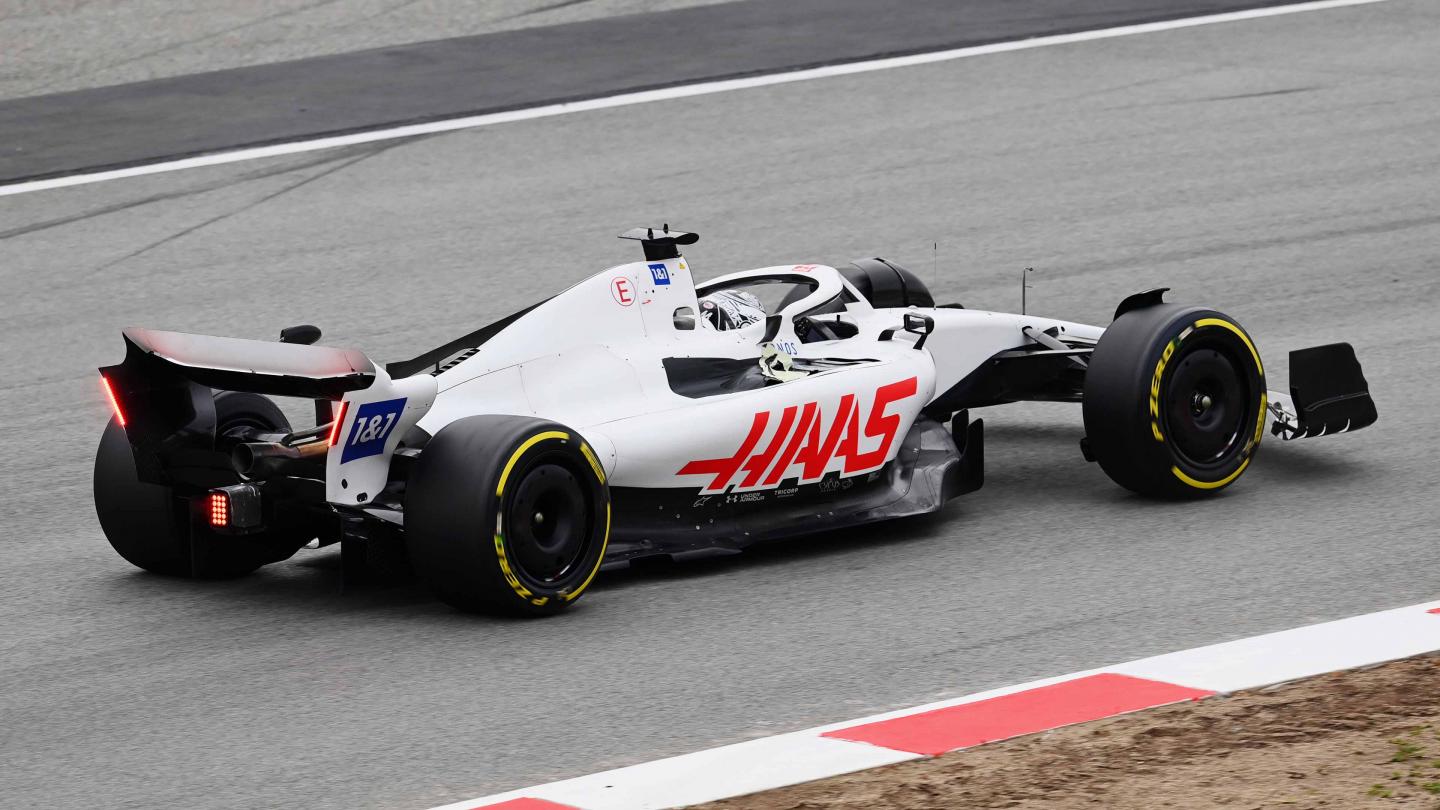Two Decades Of The Toyota Prius Boondoggle
Do you like the Toyota Prius or hate it? It certainly has the styling that only a mother could love. Does it deserve to be such a popular car? Should the car be treated like a solution to our planets environmental problems or should that particular popular image of the vehicle be changed to match what science has to say?
I remember back in 1997 when the Prius hybrid was first launched in Japan and touted as the all-time most fuel efficient gasoline-powered car available. My inner engineer screamed out loud “How can you convert from one form of energy to another and gain? That breaks the first law of physics, the Law of Conservation of Energy.” Any engineer worth their salt instantly knew that you can’t run a petrol engine to make electricity and get more forward momentum out of it. It is simply impossible, and always will be. The non-plug-in hybrid car concept for saving gasoline is a pure boondoggle, with the exception of one thing: the regenerative braking.
The Law of Conservation of Energy tells us that energy cannot be created or destroyed in an isolated system. In other words, every time energy is converted from one form to another, some amount of energy is lost. The more efficient the system, the less the energy loss. But no matter what, there is always some energy lost in the conversion process.
In a regular car, we burn (explode) gasoline to generate mechanical rotational energy in order to move the tires against the road. We lose some of the stored chemical energy in the gasoline when we convert the chemical energy to mechanical energy. That energy loss can be measured and calculated in what is called Thermal Efficiency. In fact, scientists estimate that petrol engines are only about 25-50% effective at converting the chemical energy in gasoline, to mechanical power, with the rest of the potential power being lost to heat or being blown out the exhaust pipes. Diesel engines typically have better efficiencies, with 40% plus ratings being common.en.wikipedia.org/wiki/Engine_efficiency#Internal_combustion_engines
In a hybrid car like the Prius, the idea is that the petrol engine will generate electricity to charge the batteries, which can then be used to move the car forward. This is a serious problem. The best efficiency rating Toyota has ever achieved on its petrol engine is 38%. The engine loses energy when it converts chemical power to electricity (gas to battery), and again loses energy when it stores that energy in the battery, then, yet again, loses more energy when it pulls the energy out of the battery, just to lose additional energy when it takes that electricity and converts it back to mechanical force via an electric motor. The electric motor itself is only 65-90% effective at converting electricity into mechanical force, with most of the loss occurring in the form of heat and magnetism. This is why every engineer instantly knew the Prius was a boondoggle from day one.www.ems.psu.edu/~radovic/Chapter4.pdfwww.greencarreports.com/news/1091436_toyota-gasoline-engine-achieves-thermal-efficiency-of-38-percent

Courtesy of Slide Share via LinkedIn
However, the regenerative braking system on the Prius does in fact work and will generate electricity to recharge the batteries. Regenerative brakes convert the forward motion of the car (kinetic energy) into electricity. On cars such as the Toyota Prius, the conversion rate is estimated to be as high as 10% total fuel savings, or around 60kw power generation during the time full braking is applied.auto.howstuffworks.com/auto-parts/brakes/brake-types/regenerative-braking1.htm
But do the gains in regenerative braking make up for the losses in energy conversion, especially given the additional weight that batteries and electric engines add to a vehicle? No.
On March 31, 2006, CNW Marketing Research, Inc., a private and independently owned automotive research company released a report titled, “Hybrids Consume More Energy in Lifetime Than Chevrolet’s Tahoe SUV”, which was followed by an even more proactive study released in March of 2007 titled “Dust to Dust: The Energy Cost of New Vehicles From Concept to Disposal, The Non-Technical Report”. These reports were peer reviewed and resulted in the issuance of a formal statement by a National Center for Policy Analysis (NCFPA) on March 14, 2007, stating “PRIUS OUTDOES HUMMER IN ENVIRONMENTAL DAMAGE”. Yes, it was in all-caps.grist.files.wordpress.com/2007/08/dust_pdf_version.pdf www.prnewswire.com/news-releases/hybrids-consume-more-energy-in-lifetime-than-chevrolets-tahoe-suv-55647957.html www.ncpa.org/sub/dpd/index.php?Article_ID=14304
In addition to this article, a study by the U.S. Department of Energy’s Argonne National Laboratory, demonstrated that hybrid cars, in fact, do emit more greenhouse gases and burn more fossil fuels during their manufacturing process than conventional cars. In particular, the production of the Prius batteries require significantly higher emissions of sulfur oxide gas.www.afdc.energy.gov/pdfs/argonne_phev_evaluation_report.pdf

Courtesy of Car and Driver
Toyota has released numerous statements over the years defending its bogus environmental claims, mostly by complaining about how some data point or another was collected, or blaming one of its subcontractors (Toyota tends to blame its subcontractors a lot), but has yet to definitively show that the results of the data are not correct. And it certainly has not, after nearly 20 years of production, released any official peer reviewed documentation showing the Prius is more energy efficient or more environmentally friendly than the regular run-of-the-mill economical diesel engine.
In Top Gear, Season 5, Episode 7, released on December 12, 2004, Jeremey Clarkson noted that during their tests, the Prius only got 45 mpg, which was nowhere near what regular diesel engines got at the time. Toyota has long been a known “fibber” when it comes to its statistics, with a reputation for lying about its car’s actual statistics (which has only been surpassed recently by the troubled Volkswagen Company). As far back as its original release in 1997, Toyota has claimed mileage numbers that no independent group has ever been able to replicate. In 2004 when Top Gear reviewed the Prius, the claimed mileage was 60 mpg on the highway, and 51 mpg in the city. In reality, the Prius would be fortunate if it could even keep up with most economical diesel cars.www.fueleconomy.gov/feg/pdfs/guides/FEG2004.pdf

Top Gear Season 5 Episode 7
You can watch Jeremy Clarkson on Top Gear discussing the Toyota Prius here:
For the average driver on the road today, we really don’t concern ourselves with the less than stellar environmental impact of the Prius, or the false advertising committed by Toyota. We just know the Prius as a nightmare on the road.
First of all, we innocents are forced to look at the hideous thing. It’s seriously “designed-challenged”, and frankly, the owners should have to pay an extra tax just for mental distress it causes the general population.
Secondly, the vain attempt by Toyota to get this boondoggle of a concept to work, has caused the cars programmers to set the throttle on ultra-low. It’s as if the Prius has sensors that are able to measure the speeds of all the other vehicles traveling adjacent to it and automatically adjust the regulation of the gas pedal to ensure that it is traveling at the most annoyingly slow speed possible. Almost as if the cars primary goal is simply to hinder the flow of traffic for everyone on the roads. Fantastic bit of engineering that. When power goes out in a town for a few seconds, the economic loss is measured in millions of dollars. The owners of Prius’ should pay an additional tax for the economic losses that we the people are encountering due to the delays they cause.

Courtesy of YouTube
Finally, Prius owners should pay a “stupid tax” for being fallible to Toyota’s corrupt marketing scheme. It’s been 20 years now and one can only ask how is the U.S. government still allowing Toyota to lie to us and present the Prius as if it is an environmentally friendly car? It’s not.
Keep driving my friends! My thanks to Jeff and Leslie for helping me with this article.


